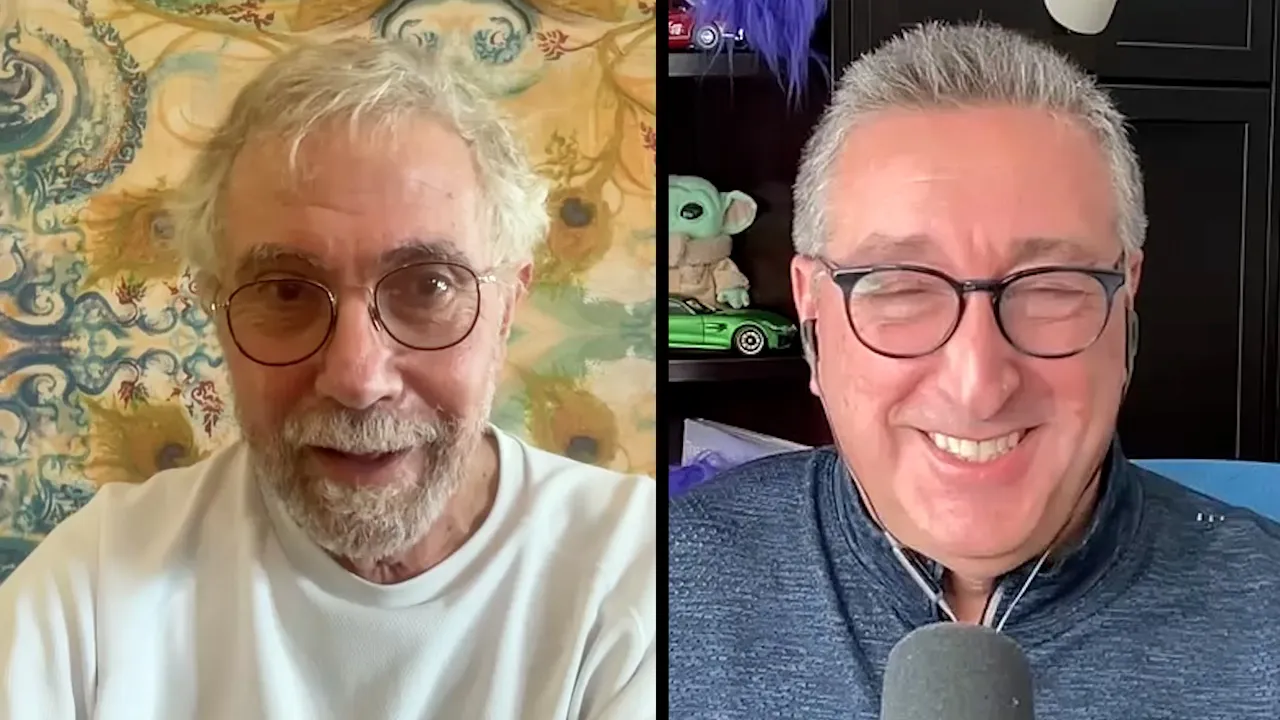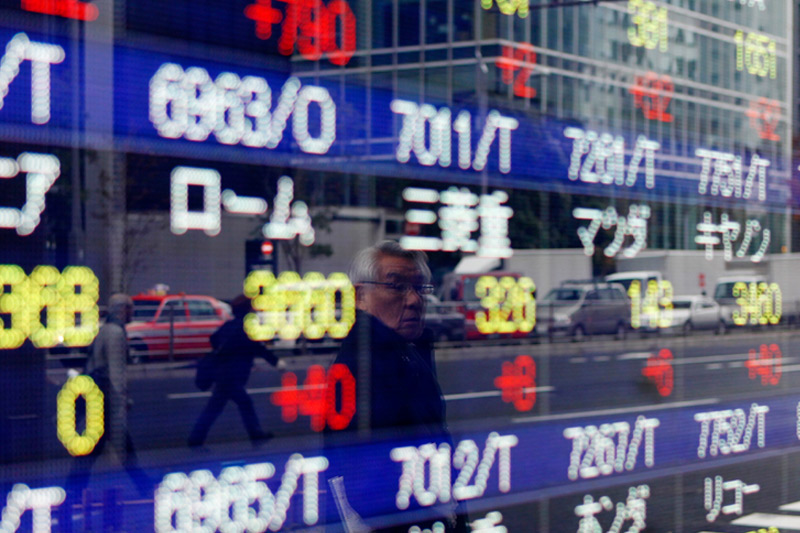Social choice theory analyzes under which conditions the preferences and values of different individuals can (or cannot) be transformed into social preferences and values capable of legitimizing collective choices. With his famous Impossibility Theorem, Nobel economist Kenneth Arrow was the main founder of this field of study (see Kenneth J. Arrow, Social Choice and Individual Values [Yale University Press, 1963; 1951 for the first edition]). Welfare economics was a precursor of social choice and with similar results: there is no way without arbitrary value judgments to aggregate individual preferences and values in a “social welfare function” representative of the preferences of all individuals.
Here is a simple example. Suppose a society composed of two individuals, A and B. If A’s preferred color is blue and B’s is yellow, is their socially preferred color green, to be coercively imposed on everybody? A and B will be forbidden to buy cars of any other color than green, and forced to knit only green sweaters for their grandkids. The Department of Commerce will allow only green stuff to be imported from China. And so forth. Or is the social choice blue because A is a “dictator.” (The reader will recognize non-dictatorship as one Arrow’s conditions for a representative or legitimate social choice.) The conventional wisdom of our times lies in one or the other of these social choices: all green or all blue; that is, either a sort of vague communitarianism, or the dictatorship of the majority.
Preferences and choices in a real society involve a very large number of goods and activities, which cannot generally be mixed like colors, as well as a large number of individuals with different preferences and values. But the color example may be useful to illustrate the basic problem of social choice.
Except arguably in tribes or in an ideal dictatorship of one person, social choices are collective choices with a certain level of formalism. And collective choices are nothing but government decisions.
For most classical liberals, legitimate collective or governmental choices are possible but only within a restricted domain. Mainstream contemporary economic theory characterizes this restricted domain as the production or financing of “public goods” as formally defined by Paul Samuelson (another Nobel economist) in two 1950s articles in the Review of Economics and Statistics (“The Pure Theory of Public Expenditures” and “Diagrammatic Exposition of a Theory of Public Expenditure”). Economists in the classical liberal tradition have entertained different views of where exactly to limit the domain of collective choices. James Buchanan, also a Nobel economist, argued that public goods are whatever is publicly provided according to basic constitutional rules unanimously agreed to in an implicit social contract. Buchanan certainly saw the role of the state as more restricted than Samuelson, who was not philosophically a classical liberal. (Among my articles on Buchanan’s theory, see my Econlib review of his 1975 book The Limits of Liberty: Between Anarchy and Leviathan.) Nobel economist Friedrich Hayek saw a free society as an auto-regulated order, which still allowed for a quite wide role of government. (See notably the third part of his Law, Legislation, and Liberty, which I reviewed for Econlib; he later became less tolerant of government power.)
Anthony de Jasay, a fascinating economist and political philosopher who defined himself as both a classical liberal and an anarchist, argued that any social choice is dictatorial: a collective choice necessarily favors some individuals to the detriment of other individuals who are forced to obey and to choose what they would not otherwise have chosen if not for threats of fines and jail if not worse. In other words, a truly social choice is impossible. A “social choice” is always coercively imposed on some peaceful individuals. It is an interesting fact that Buchanan is nearly as critical of “social choice” as de Jasay, except for the possibility of an implicit social contract, which would be the only true social choice. If you are up to deep political philosophy solidly anchored in economics, perhaps the best book to read from de Jasay after The State is his Against Politics: On Government, Anarchy, and Order (Routledge, 1997). Expect to be challenged.
















